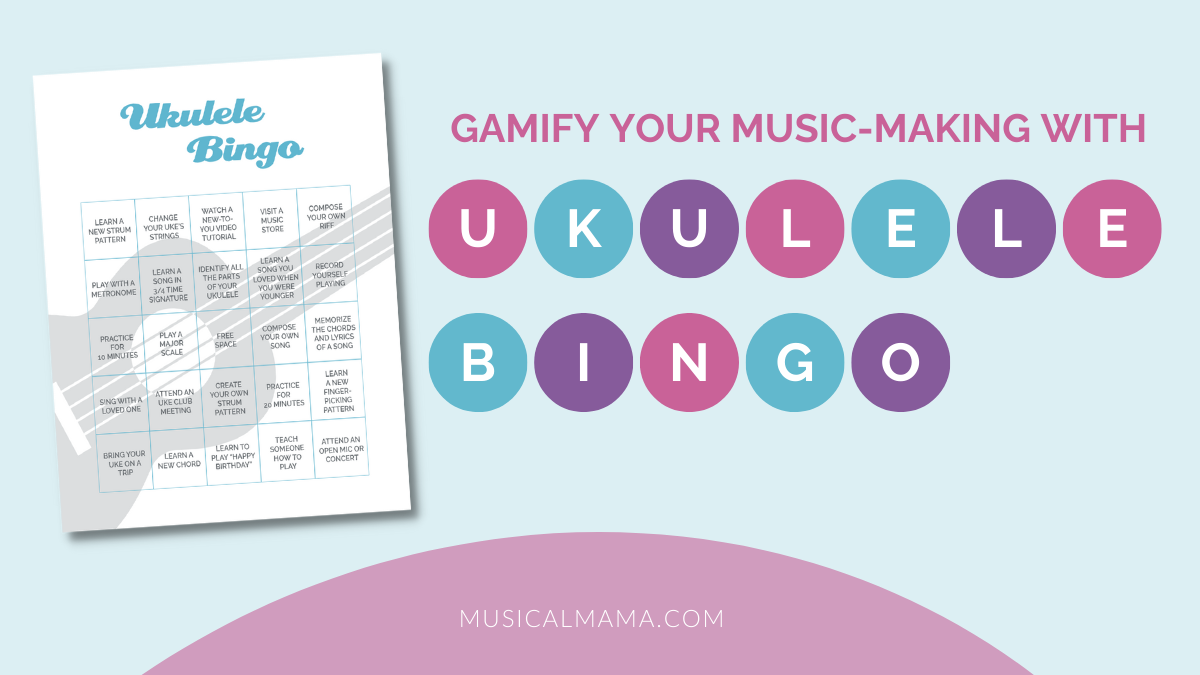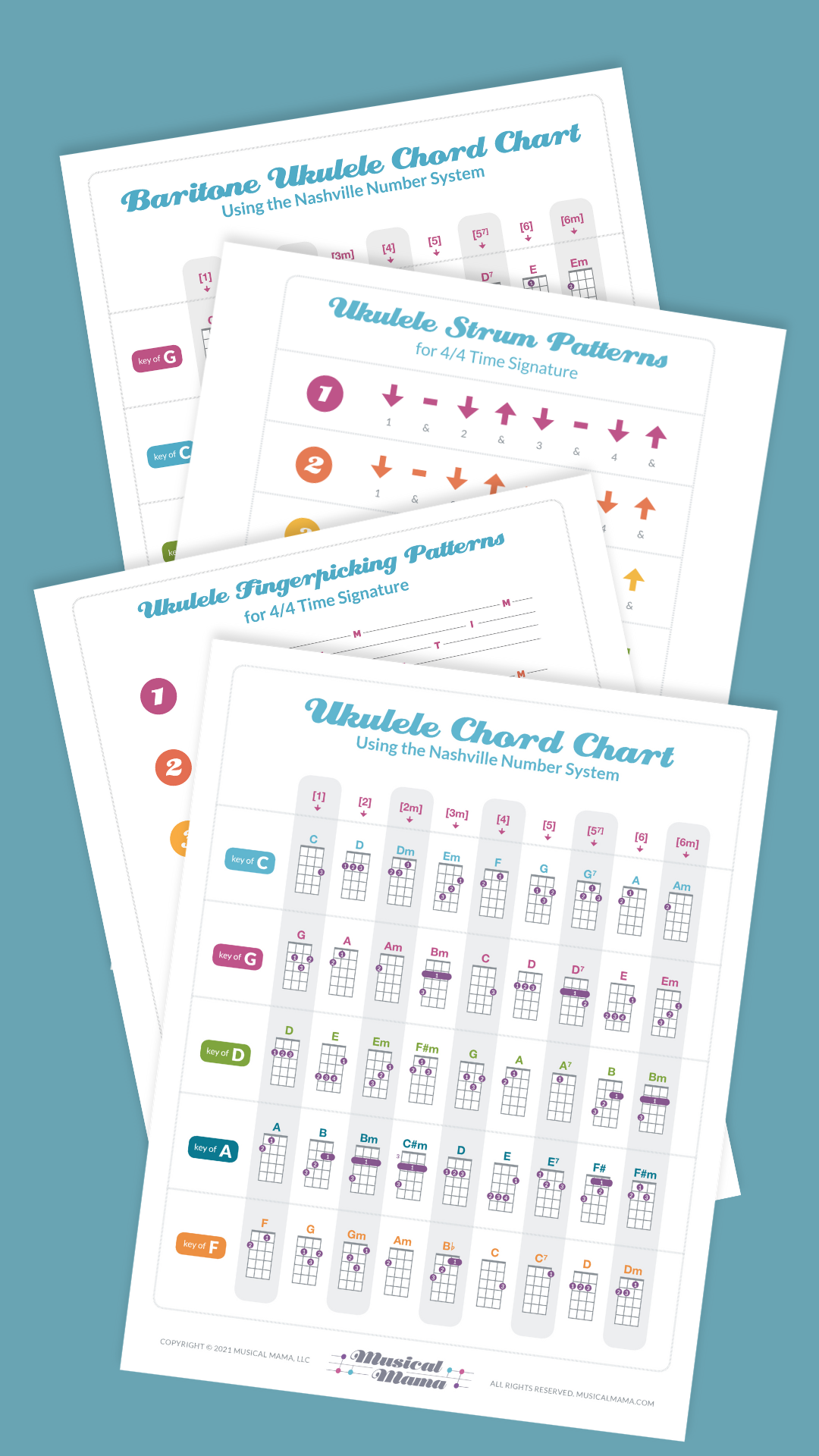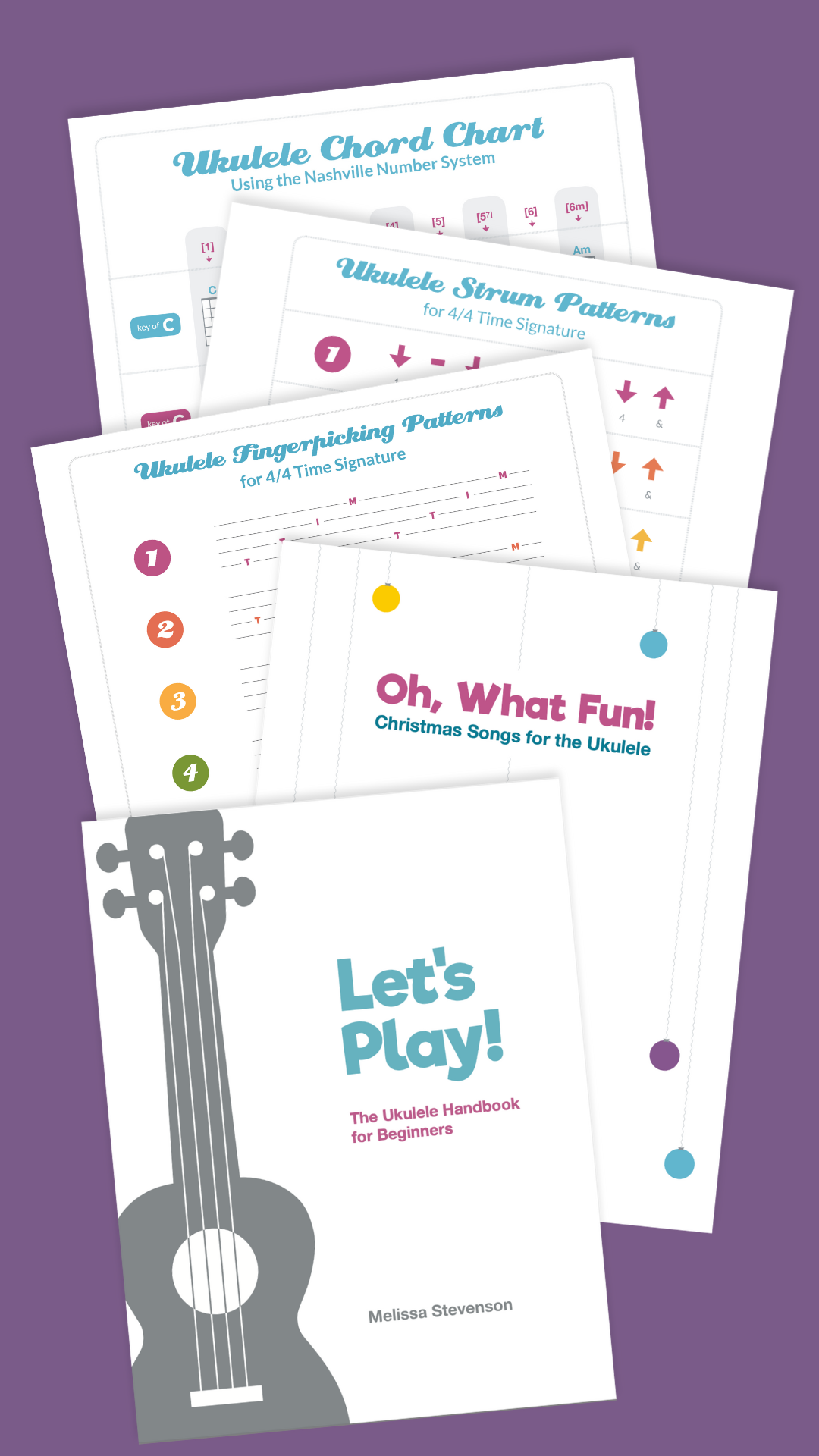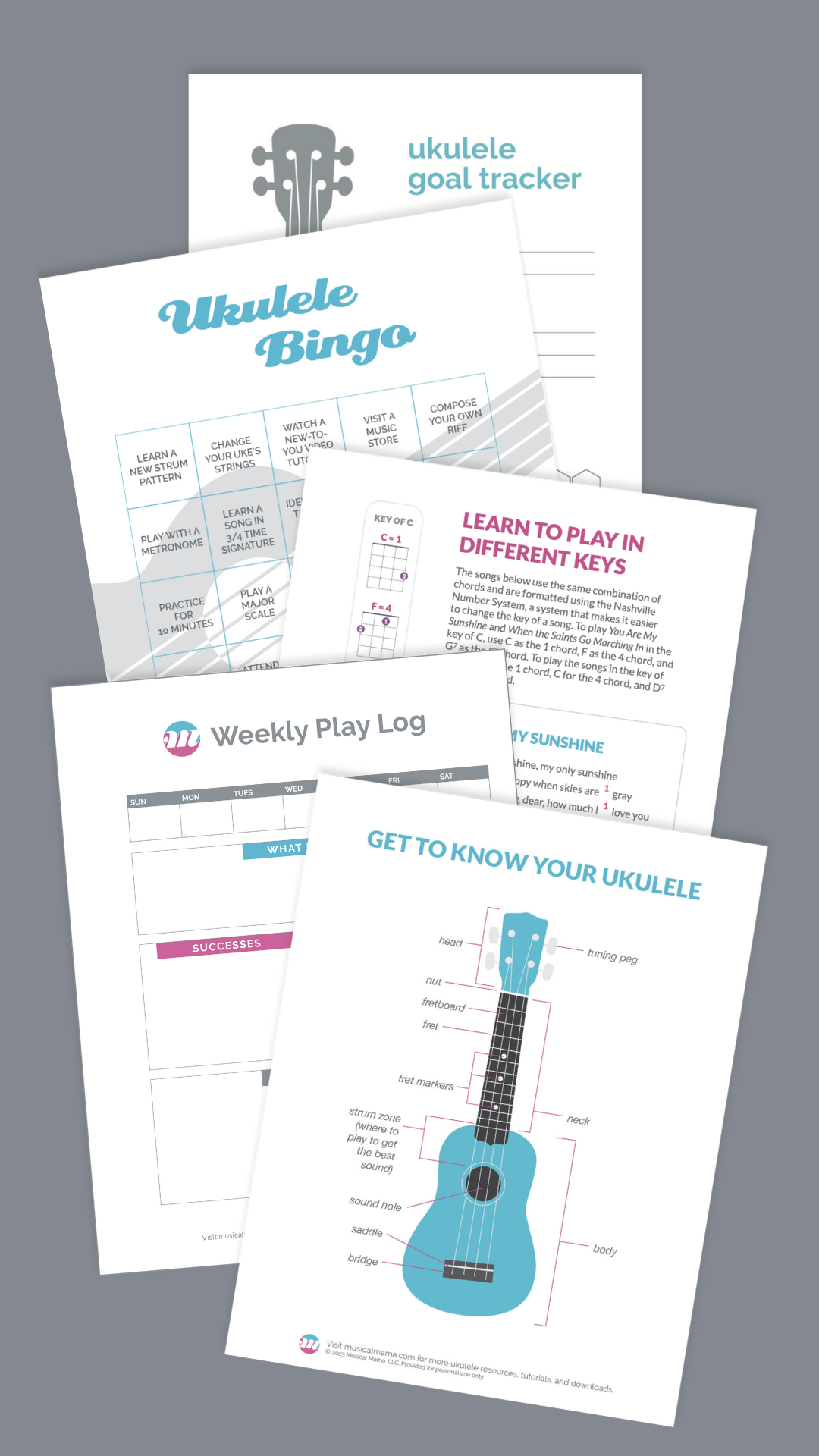I was introduced to The Four Stages of Learning through a podcast (can’t remember which one, though!) a handful of years ago, and it’s a concept that’s really stuck with me. I find myself reflecting on it when I’m teaching and also when I’m thinking about my own development as a musician. If you’ve ever felt impatient by the pace of your progress, I think you’ll find this framework to be really valuable as you continue on your musical path. First I’ll explain the framework and then I’ll share a few tips on how to handle the frustration that inevitably arises when we’re learning something new. Ready?
Whenever we’re learning something new we progress through the four stages of learning:
Unconscious Incompetence — this is where we start, where we don’t even know what we don’t know
Conscious Incompetence — we’re starting to learn a new skill and are slowly realizing how much we don’t know
Conscious Competence — we’re gaining proficiency but it’s still hard
Unconscious Competence — the dreamy state where we can execute a skill quite naturally and without expending much effort at all
As musicians, we cycle through these phases over and over again, whether we’re working on learning a new chord shape, strum pattern, or piece of tablature. But I find that most of us get so impatient with ourselves that we’re always pushing to learn the next new thing. And that means we’re dwelling almost exclusively in that most frustrating of phases: Conscious Incompetence.
One of the most powerful times I remember being struck by my own Conscious Incompetence was in my early 20s, when I was learning how to salsa dance. I had been taking lessons for a few months and was feeling pretty confident with what I had learned so far when my friends and I attended an event with dancers of all skill levels. When the advanced dancers hit the floor I was overwhelmed by their skill and prowess. I knew enough to appreciate and be inspired by how good they were, but I couldn’t help but see how much work I had ahead of me if I wanted to be half as good of a dancer as they were.
I frequently witness my beginning ukulele students have a similar experience— the first lesson especially is exciting because they go from that Unconscious Incompetence of not know anything about the ukulele to being able to play a few chords and songs in just an hour. It’s easy for them to think, oh, I’m crushing it! This is going to be easy. But then they gain exposure to more concepts, more technique, more chords, etc, and they might get a sinking feeling when it occurs to them this might be harder than they first thought. I try to warn my students in advance that this might happen and even mention it in Let’s Play! The Ukulele Handbook for Beginners as something to watch out for.
Often times, we musicians keep ourselves in that Conscious Incompetence phase because we’re eager for growth, yet that is by far the most frustrating phase to be in! When we grow impatient by the time it takes us to acquire new skills, it feels like we’re constantly coming up short. So what can we do about it?
Understand that Unconscious Incompetence can feel frustrating or even embarrassing, but it is also might be the most important phase in terms of growth and mastery. Simply noticing those feelings when they arise can help us manage our expectations and provide us with an opportunity to remind ourselves that this phase is, ultimately, temporary.
Balance out our practice/play time with songs and skills that we have Conscious or Unconscious Competence of. Feelings of frustration might be a sign that we’re pushing ourselves too hard, too fast. Most of us started playing the ukulele because we thought it would be fun, and it will only remain that way if we keep realistic expectations.
Remind ourselves that there is no mastery. Of any instrument. No matter how good we get, there will always be more to learn. So let’s lighten up and enjoy the process a little!
Can you point to a time in your life when you’ve realized you were Consciously Incompetent at something? Did it make you feel frustrated, or did you take it in stride?







